A 90-minute phone call between US President Donald Trump and his Russian counterpart Vladimir Putin did not prevent Russia from unleashing a massive drone attack in Ukraine. Dr Hanna Shelest, the Security Studies program director at Prism UA and the editor-in-chief of Ukraine Analytica said that attacking opponents in the middle of a negotiation is a common pattern for Russia.
In a thought-provoking conversation with Firstpost, Dr Shelest gave insights into the devastation caused by the Russian invasion of Ukraine, what the war-torn nation is expecting from the world and questioned what Putin’s actual intentions are while the world, especially the US, drag him to the negotiation table.
During a panel discussion titled “Overtures from Penn Avenue: Will Kremlin Respond?” former Prime Minister of Australia Tony Abbott posed a poignant question to the Member of the Russian Federal Assembly, Vyacheslav Nikonov, which was: “Does Russia believe in Ukraine’s right to exit?” While Nikonov was trying to justify the Russian invasion of Ukraine, it was Dr Shelest who interjected him to share the plight of Ukrainians.
Wearing a yellow and blue dress, representing the flag of Ukraine, she expressed how her home in Odesa was destroyed by a Russian strike. Speaking to Firstpost on the sidelines of the 2025 Raisina Dialogue, Dr Shelest said Russia wants to intensify its attack on Ukraine before any form of ceasefire. She spoke about what Ukraine expects from India.
What compelled her to raise her voice
When asked what led her to intervene Russian politician was answering Abbott’s remarks, Dr Shelest said that she wanted to call out the “false narratives” spread by Russia. “The session clearly demonstrated how Russians are working in the international arena. They are starting from the good, they really learned how to put proper messages to address the global South, and how peaceful they are, but then at a certain moment, the real nature came out,” she said.
Dr Shelest pointed out that international organisations such as the United Nations and OSCE (Organisation for Security and Cooperation in Europe) never confirmed Russia’s claims of Ukraine’s attack in Donetsk. “It’s never happened, that’s confirmed by the United Nations, by OSCE, by all international observers, my question was for the US delegation, because they were speaking about reality on the ground, and I wanted to understand what reality they are perceiving, the reality from the Russian news or the reality on the ground,” she said.
The editor-in-chief of Ukraine Analytica recalled how her flat in downtown Odesa, a (UNESCO-protected site), was destroyed by a Russian drone. She mentioned that her home was located near universities and not near any military targets.
“They don’t care about security, they don’t care about Ukraine as a statehood or the nationhood, and that was clear from his answers. I felt like in the 19th century, not when you live in the time with all the social networks, video journalists being there and all reported. That’s why it was so important to intervene, so the public would not buy this diplomatic flair of him, of the guy from the upper class of Russian society, just telling the absolute lie,” she averred.
One phone call, two narratives
Hours after the session which took place at 2025 Raisina Dialogue, Trump & Putin sat down for a 90-minute phone call. While the Russian president did not agree to the US-proposed ceasefire deal, which Ukraine already accepted unconditionally, according to the readout shared by Russian media, Putin agreed to not attack Ukraine’s energy infrastructure.
Dr Shelest, who herself knows how to read Russian, pointed to the two different narratives presented by Washington and Moscow. “So I read both the Russian press release and the American statement, and they were very different, and that was a very good signal for me. First of all, you really can get that in the Russian press release there is much more information, but it is all about Russian demands,” she explained.
“It [Russian press release] was mostly a monologue of Mr Putin, with a lot of his demands, some of them are total nonsense, and as a result, no agreement for the 30-day ceasefire. So we know that the US proposed it, and they agreed with Ukrainians, but the Russians didn’t accept it.” She expressed surprise over how the two leaders spoke about the hockey championship while discussing a major crisis in Europe.
The lack of a joint press release from the two nations made Dr Shelest question if the two nations had any “real agreement”.
Between Trump & Putin, is the Russian leader calling the shots?
Dr Shelest pointed out how 30 minutes after the call Russians started attacking Ukraine. “One hundred and forty-six drones plus missiles, they targeted energy system, one of the cities being blacked out. They targeted hospitals in another big city. So all patients needed to be evacuated. It is not a signal of the readiness for the ceasefire as everybody expected,” she told Firstpost.
The attack begs the question is Putin ultimately calling the shots in talks between Washington and Moscow. While Dr Shelest partially agreed with the sentiment, she mentioned a bigger issue. Russia’s problematic pattern of intensifying attacks while negotiation are underway.
“Russians are dominating conversation because even with all goodwill from President Trump, we hear the narratives from the Russian side in his speech. So that gives me the impression that he is buying some of this information from Putin,” she said.
“But the problem is that Russians behaved exactly as they behaved previously. If you look at all the ceasefires or all the negotiations we had for 10 years, they always attacked in the middle of the negotiation because they wanted to demonstrate that they could. So now for me big question will be, the next round of negotiations is scheduled for the 23rd of March. What will be the rhetorics of Americans at those negotiations?
Is there a possibility of Ukraine to regain the lost territory
Throughout the peace negotiation, several American lawmakers, including pro-Ukraine US Secretary of State Marco Rubio alluded to the fact that Kyiv would have to make certain concessions. Almost 20 per cent of Ukrainian territory is under Russian control. When asked will Russia back out of these territories, Dr Shelest reminded that both Ukrainian President Volodymyr Zelenskyy and the country’s Foreign Minister Andrii Sybiha maintained that there is a “red line,” the war-torn nation would never accept Ukrainian territory.
“Even if the ceasefire happens, we definitely will follow the ceasefire but we will not recognise that these territories are becoming Russian because they have never been, except for this military,” she told Firstpost. She maintained that Kursk could be used as a bargaining chip and threw light on several Ukrainian resistance groups like the Yellow Ribbon Movement operating in the occupied region.
Resistance continues in Donbas. We are Ukraine, don't trade us off pic.twitter.com/MoMw1HK0Rp
— Yellow Ribbon (@yellowribbonENG) March 10, 2025
“These people will resist. They are not government. They have the right to resist because it is their lives. It’s non-violent. It’s just regular people who are doing it,” she said.
Hopes for joining Nato
At the heart of the Russia-Ukraine issue is Kyiv’s intention to join US-led Nato. While Zelenskyy has been pushing for membership Russia argues that it will threaten the country’s security at the borders. With the improvement in ties between Trump and Putin, Ukraine’s hope to join the body will fade.
“That can be a long-term conversation because unfortunately, we have the US position and Nato is always about unanimous decisions. But otherwise, we are already cooperating a lot. We have a lot of joint structures with Nato,” Dr Shelest explained.
When asked about Putin’s discomfort with the prospects of the European peacekeeping force at the border, the Ukrainian academic said: “Russians don’t want them because they understand that they cannot manipulate them. It will be the countries that know who is the aggressor. And if they invite just a mix of different countries that would be much easier for them to influence.
She also referred to Moscow’s veto power at the UNSC, saying it can do something similar that it did in Georgia following the war. “Russians suddenly decided we don’t want peacekeepers here. And they stopped the United Nations mission and they stopped the mission of the Organisation for Security and Cooperation in Europe,” she recalled.
Zelenskyy’s political future
Several Republican lawmakers in the US have urged Zelenkyy to conduct elections in Ukraine, with Trump even referring to him as a “dictator”. When asked about Zelenskyy’s political future in the country, Dr Shelest pointed out that the Ukrainian leader’s acceptance rating has never been less than 50 per cent in the country.
She also noted that “in the position regarding the war, all opposition leaders share the same principles about territory, about peace, about Nato.”
“There is no division in this. They can have questions about taxes, about investments, about corruption, about military development, plenty,” she said.
“But not about foreign policy. Here, everybody has the same position. And after that news about conversations with the opposition, both Petro Poroshenko and Yulia Tymoshenko publicly said, ‘Yes, they [Trump allies] came to us, but we said no elections’ as for now.”
Dr Shelest pointed out the logistical and legal issues of conducting an election in a war-torn nation. “Two hundred Ukrainian NGOs, including all, the biggest watchdog organisations, those who monitor elections, signed a letter saying that elections during the war are impossible. Not that we don’t want them, we are ready,” she said.
“One million soldiers, how they are going to vote? Four million refugees, how they are going to vote? If you have each hour shelling of our territory, how do you organise the security of the place where people vote? How do you organise the campaign in the territories that are close to the battlefield? Or we have MPs from certain territories, like constituencies, if now 20 per cent of territories are occupied, do we elect these people or not?” “It’s not that we don’t want change of the power, it’s nothing about dictatorship or authoritarian,” she said.
What Ukraine wants from India
While India and Russia have historically shared close ties, New Delhi has always maintained that it is on the side of peace. In August last year, Prime Minister Narendra Modi paid a visit to Ukraine, where he met Zelenskyy. “India always said that it is on the side of peace. But to be on the side of peace is definitely to have stronger relations with Ukraine because we never were an attacker,” Dr Shelest asserted.
“We see that there are certain changes because the Indian prime minister for the first time in 35 years was in Ukraine. That is a huge step. It was very positively accepted. We hope that it will be the new push.”
When asked about the possibility, feasibility and acceptability of Indian peacekeepers in Ukraine if Russia doesn’t agree to the presence of European peacekeeping, Dr Shelest said that it is up to the international organisations to take the final call. “We know that Indians now are in the top three of the biggest contributors to the United Nations. That’s why Ukraine would not reject Indian peacekeepers. As we understand, they have experience,” Dr Shelest told Firstpost.
“So in this case, I think that everything would be okay from the Ukrainian side. We definitely would insist that it is the mixed mission,” she concluded.
Ukrainian delegates who were in New Delhi to attend the Riasina Dialogue 2025 made one thing clear that the war-torn nation continues to remain resilient and not ready back down in the face of Russian wrath.


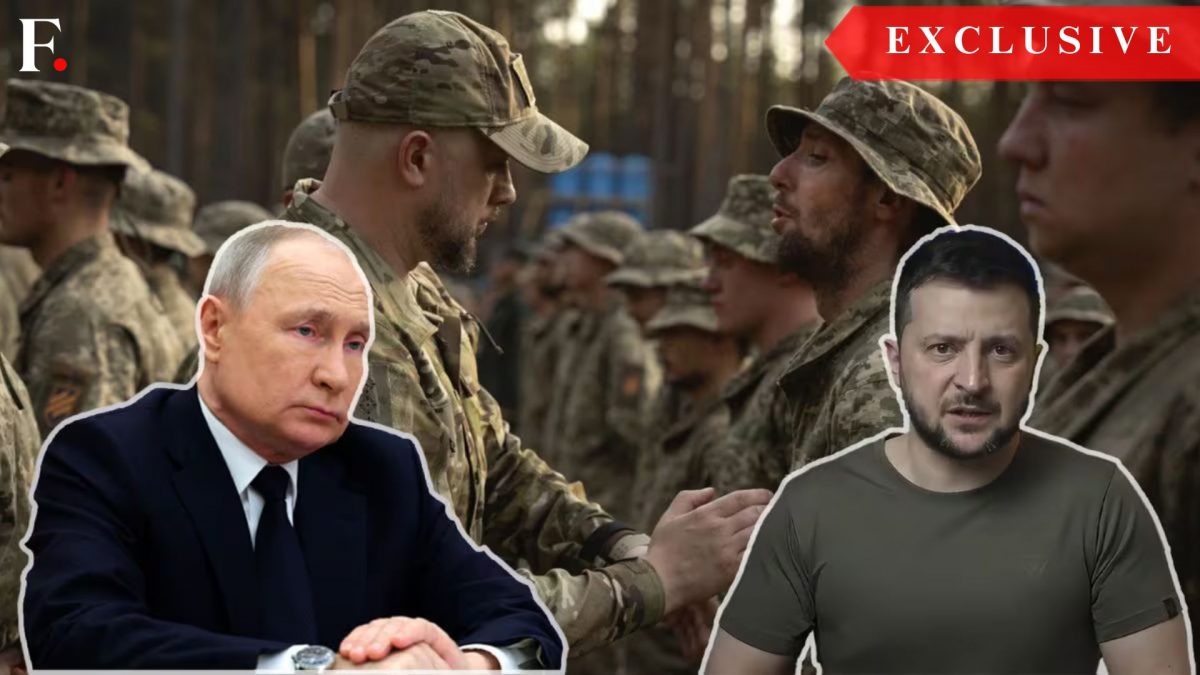)
)
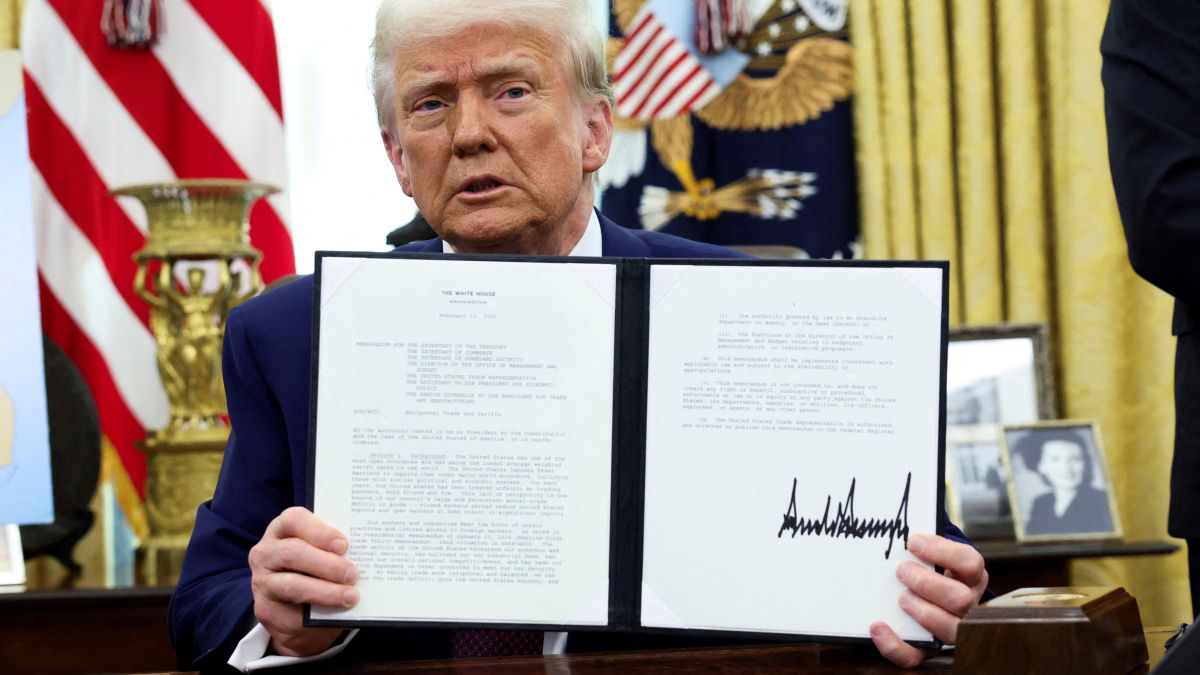)
)
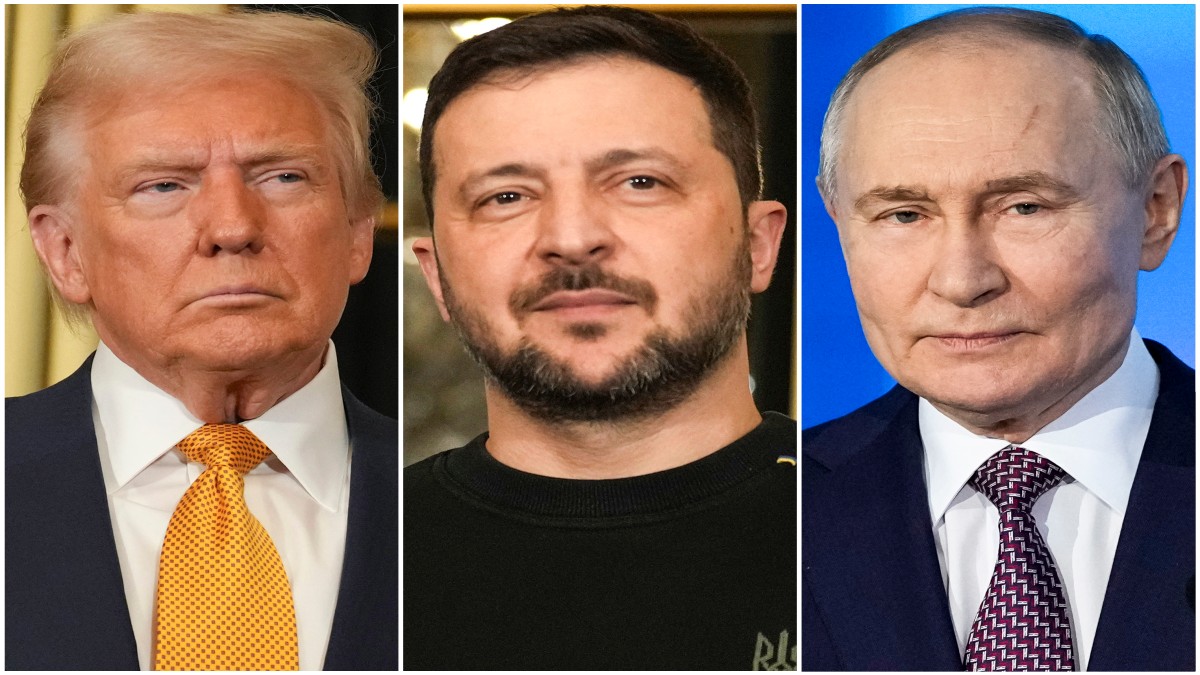)
)
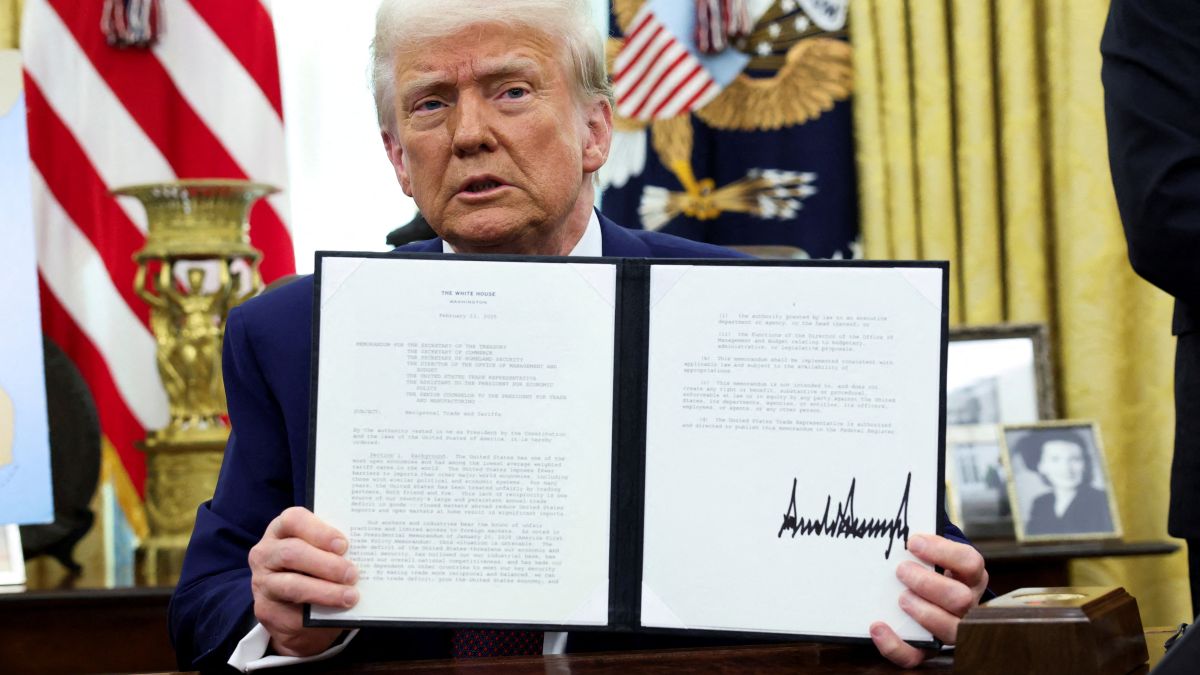)
)
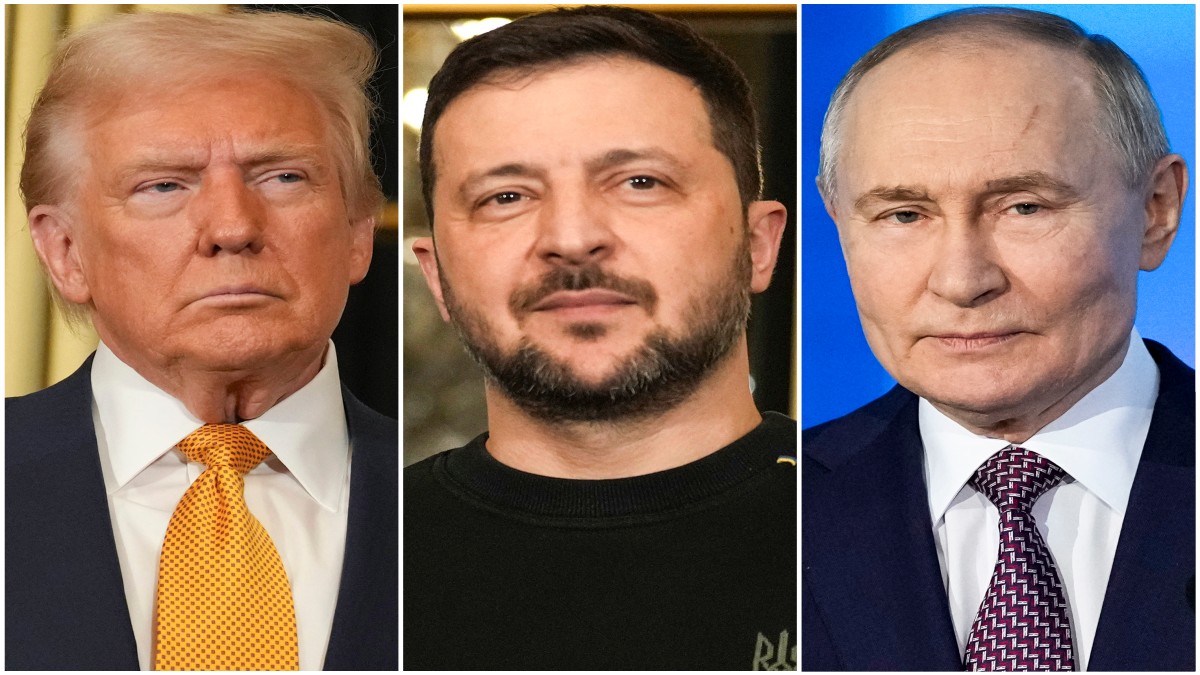)



